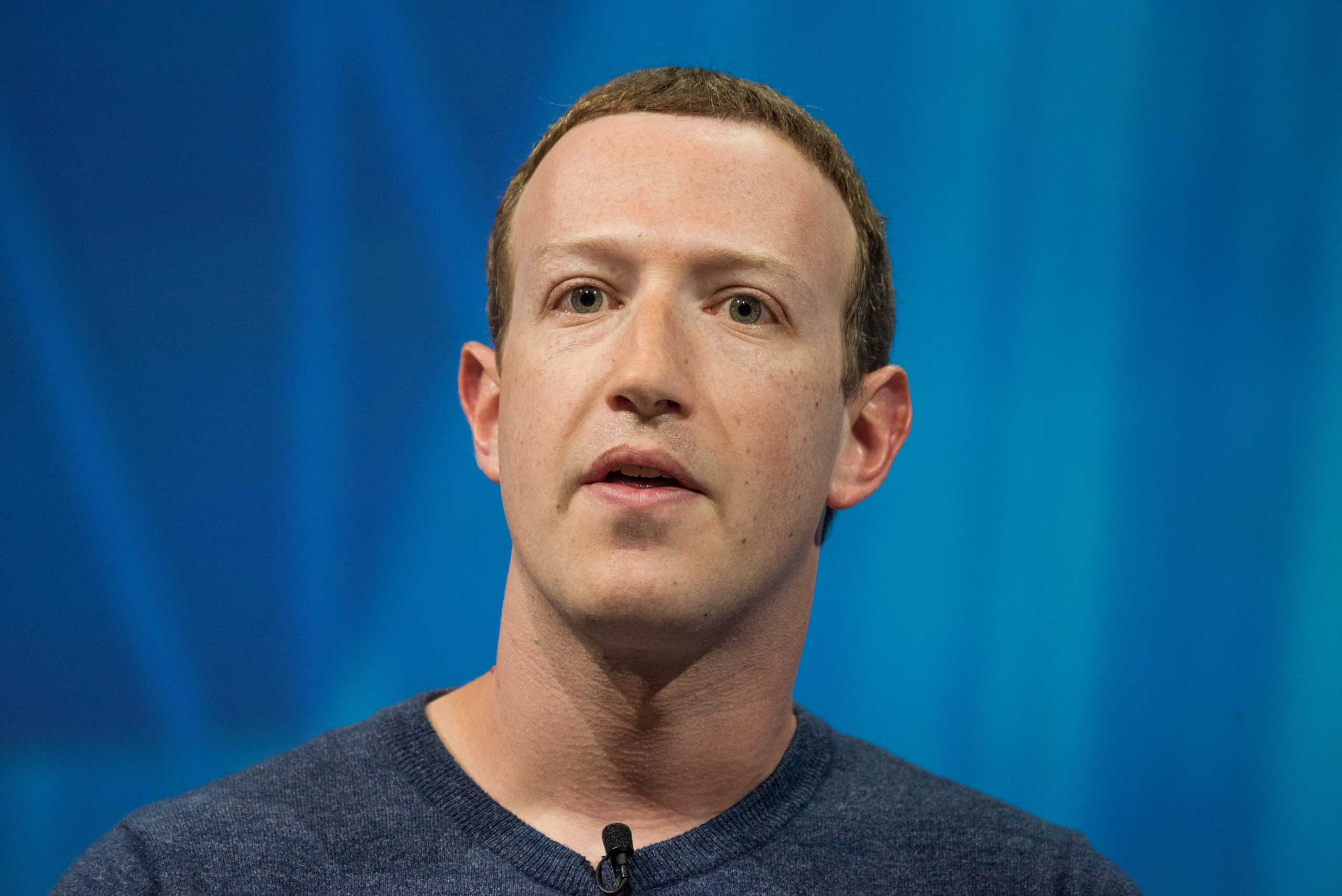Zuckerberg Offers Shaky ‘Apology’ For COVID Censorship

Facebook founder Mark Zuckerberg’s recent comments on the Lex Fridman Podcast showed a flicker of awareness about Big Tech’s mishandling of COVID-19 information. But is it too little, too late?
In the interview, Zuckerberg strayed from his usual vernacular of tech-speak and lofty ideals, admitting his platform had “censored” content at the behest of the scientific “establishment.” This acknowledgment of Facebook’s role in the widespread censorship is significant, a step towards honesty and away from the more common tech jargon of “content moderation.”
During the pandemic, Zuckerberg’s platform removed 18 million posts tagged as ‘misinformation.’ He admits this decision was based on scientific assumptions that had not been “fully vetted” and claims that were later revealed as “debatable or true.” In doing so, he implicated himself and the public health establishment that provided these assumptions.
These comments have generated a range of reactions. Presidential candidate Robert F. Kennedy praised Zuckerberg’s awakening to the realities of censorship and the damage it has inflicted on free speech. However, he also pointed out that the tech giant still falls short of fully acknowledging his complicity.
While owning up to his part in the matter, Zuckerberg still affords public health officials — like Dr. Anthony Fauci — the benefit of the doubt. Despite evidence of these officials manipulating facts to fit their narrative, this leniency demonstrates a reluctance to hold them accountable.
The controversy surrounding mask mandates is a prime example. Private emails from Dr. Fauci, later made public, exposed his acknowledgment that masks were “not really effective” against COVID-19. Despite this admission, he continued to advocate for mask-wearing publicly.
In light of these revelations, Zuckerberg’s trust in public health officials appears misguided, if not naive. By stating that these actions “undermined trust” in institutions, he admitted a grave error but did not fully grasp its consequences.
While Zuckerberg seems poised to repeat this process in the face of another health crisis, he misses a vital point. This is not merely about lost trust; this is about willful deception by public health officials and the suppression of dissent on social media platforms.
As independent journalist Sharyl Attkisson noted, “It’s not so ‘tricky’: It’s not your job to decide. Your experts are biased and often wrong.” Zuckerberg’s role is not to censor but to provide a platform for open dialogue and information sharing, a principle he once strongly advocated.
The COVID-19 pandemic has illuminated the unsettling power dynamic between Big Tech and public health establishments. This newfound self-awareness from Zuckerberg, while a step in the right direction, needs to be followed by concrete actions. Only then can we expect any fundamental shift in Big Tech’s approach to free speech and information dissemination.
Zuckerberg and his tech compatriots must fully acknowledge their participation in this willful “web of deception.” Only such an open admission can prevent a repeat of these mistakes in the future. Otherwise, it’s all just empty posturing, and they remain complicit in suppressing free speech.
























